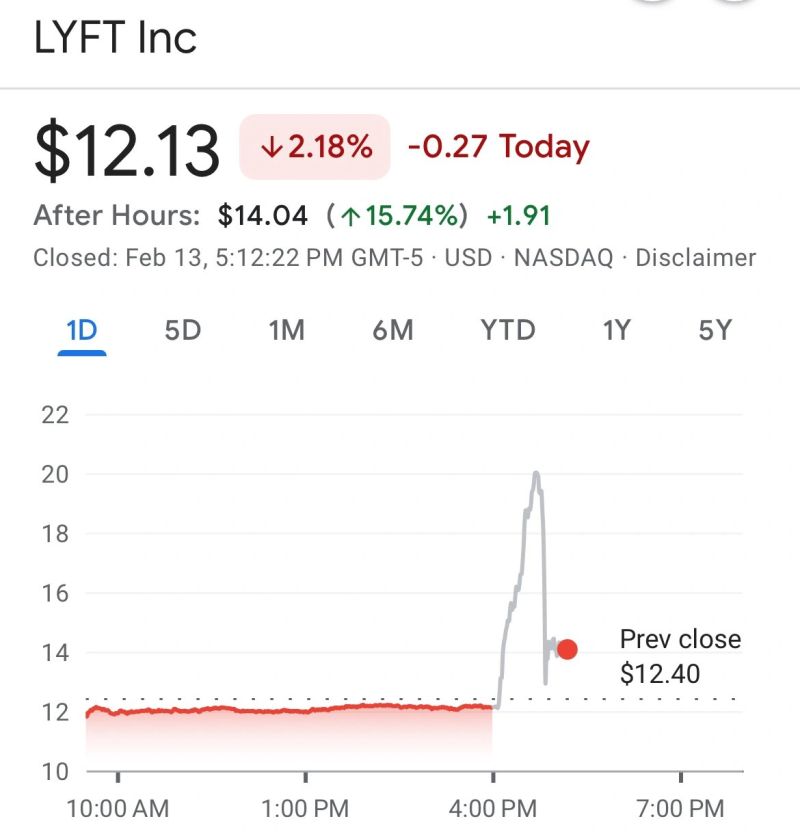Why Accurate Financial Data Matters

Peter Aling
2024-02-28
Introduction
In the world of investing, the role of financial data is akin to a navigational compass. It guides investors through the complex landscape of markets and corporate performance, influencing every decision made. The precision and accuracy of this financial data are critical. Inaccuracies, no matter how small, can lead to misguided strategies and erroneous investment decisions. This article delves into the importance of accurate financial data and its indispensable role in investment success.
Basics of Financial Data in Investing
The Essence of Financial Data
Financial data comprises various elements, all pivotal in the investment decision-making process:
- Earnings Reports: These are periodic statements that provide a snapshot of a company's profitability and financial health.
- Balance Sheets: These statements offer a detailed view of a company's assets, liabilities, and equity at a specific point in time.
- Market Data: This includes real-time and historical data on stock prices, trading volumes, and market trends.
Utilization in Investment Strategies
Investors leverage this data to:
- Conduct thorough company analyses.
- Understand market dynamics and trends.
- Make predictions and forecasts about future market movements and company performance.
Impact of Accurate Data on Investment Decisions
Precision Leading to Better Investment Choices
The accuracy of financial data directly influences the quality of investment decisions:
- Informed Stock Selection: Choosing the right stocks based on a true representation of a company's financial status.
- Effective Portfolio Diversification: Accurate data aids in diversifying investments across various sectors, reducing risk.
- Strategic Risk Management: Identifying potential financial pitfalls and taking steps to mitigate them.
Consequences of Inaccurate Financial Data
The Perils of Misinformation
The implications of relying on inaccurate financial data can be severe:
- Faulty Investment Decisions: Incorrect data can lead to decisions that result in significant financial losses.
- Misinterpretation of Market Conditions: Inaccurate data can give a misleading picture of the market, leading to inappropriate investment strategies.
Case Studies and Historical Examples
Let's look at the recent financial guidance provided by Lyft in a press release ahead of their earnings call. In the press release, they provided the following guidance:
Adjusted EBITDA margin expansion (calculated as a percentage of Gross Bookings) of approximately 500 basis points year-over-year.
Unfortunately, this was a typo and the true number was 50 basis points and not 500. In other words, the press release overstated the improvement by a factor of 10.
This is what the stock price did:

In the space of an hour, the share price had surged 67% followed by an abrupt retracement once it was understood to be an error.
While not all mistakes are as large and their impact so immediate, the above example does provide a great example how incorrect or innacurate finanical information can result in the incorrect investment descisions, with potentially catestrophic results.
Ensuring Data Accuracy
Strategies for Verifying Financial Information
Investors can take steps to ensure the reliability of the data they use:
- Cross-Referencing with Multiple Sources: Using a variety of data sources to confirm the accuracy of information.
- Relying on Trusted Platforms: Employing reputable data platforms like findl.com for reliable financial information.
The Role of Regulatory and Auditing Bodies
- Regulatory Oversight: Bodies like the SEC play a crucial role in ensuring the accuracy of publicly available financial data.
- Importance of Auditing: Regular and stringent audits are essential in maintaining the integrity of financial reports.
Conclusion
The importance of accurate financial data in the realm of investing cannot be overstated. As we move forward, the convergence of technology and finance is likely to further enhance the accuracy and reliability of financial data. Investors, however, must remain vigilant and prioritize data accuracy in their investment strategies to achieve success and minimize risks in their investment journey.
Copyright © findl 2024. All rights reserved.
